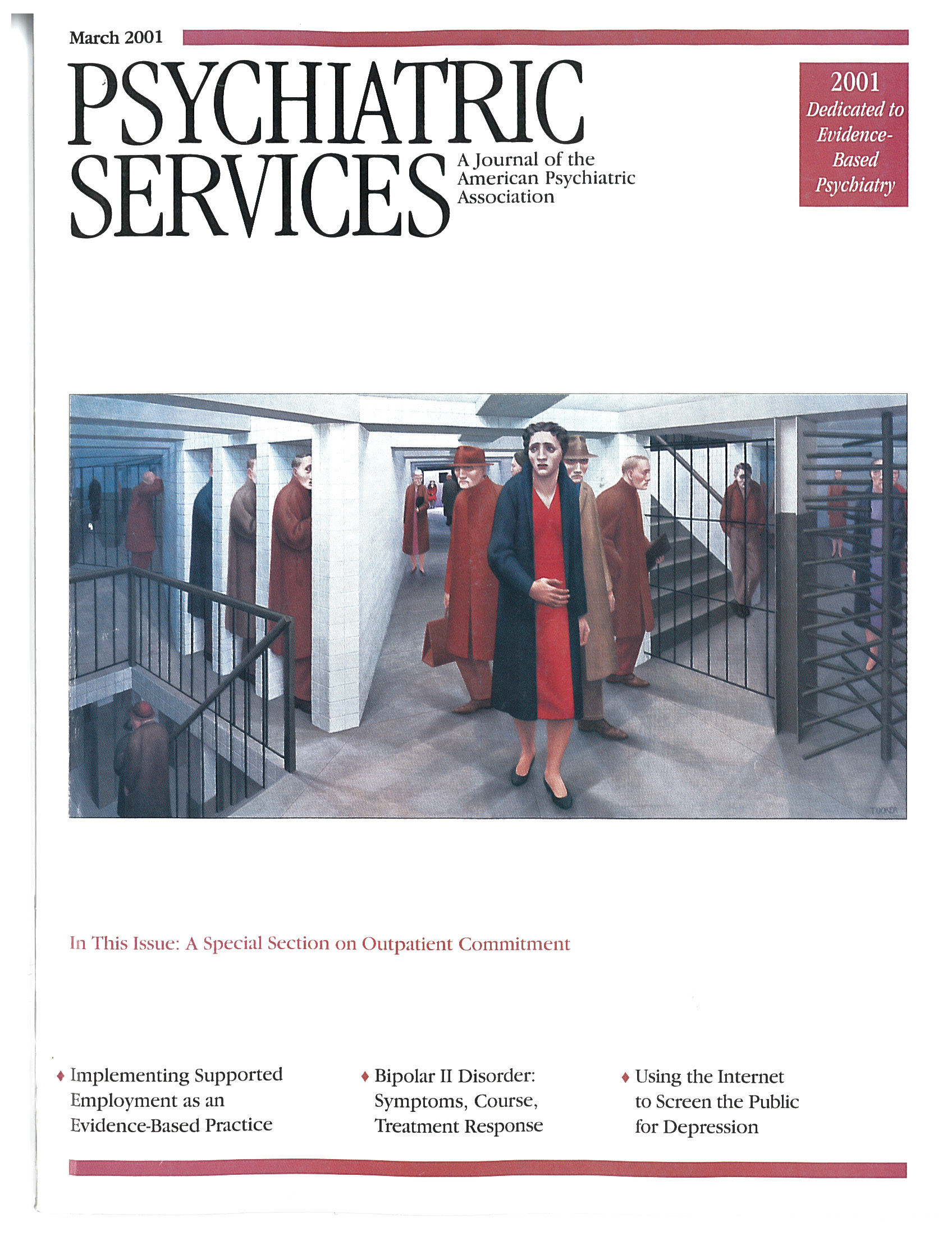Late-Onset Mental Disorders: The Potsdam Conference
This volume contains the proceedings of the September 1996 Potsdam Conference on Late-Onset Mental Disorders, sponsored by Bayer AG of Germany. The 19 contributors to the volume's 13 papers are renowned specialists in geriatric psychiatry, mainly from Germany, with four from the United States, three from England, and one from Switzerland.
For mental health providers with an interest in late-onset mental disorders, this book provides a fairly good summary of the state of the art, even though the conference took place several years ago. Discussions of the conceptual history, epidemiology, psychodiagnostic aspects, symptomatology, and course and outcome of late-onset disorders all remain current.
The opening chapter, by Berrios, provides an interesting and useful review on the conceptual history of late-onset mental disorders. In a paper on the long-term course and outcome of late-onset depression, Angst's results are of special interest; they show no significant clinical or prognostic differences between late-onset and early-onset depression. Baldwin, in a chapter on delusional depression, emphasizes that in most cases the dementia of depression does not progress to irreversible dementia, and that brain atrophy rather than white-matter changes are correlated with the formation of delusions. He concludes that cognitive impairment is measurably greater among patients who have delusional depression in later life.
In an excellent summary of late-onset schizophrenia, Jeste notes that the relatively sudden appearance of schizophrenia in an adult who had functioned normally throughout several decades of life remains a puzzling phenomenon. Marneros remarks that schizoaffective disorders with first onset in elderly persons are extremely rare or even nonexistent.
In summary, this is a highly readable book, with good coverage of its subject, and it is suitable for use as a teaching text.
Dr. Boksay is associate professor of psychiatry at the New York University (NYU) School of Medicine and chief of psychiatry at the Aging and Dementia Research Center of the NYU Medical Center in New York City.



